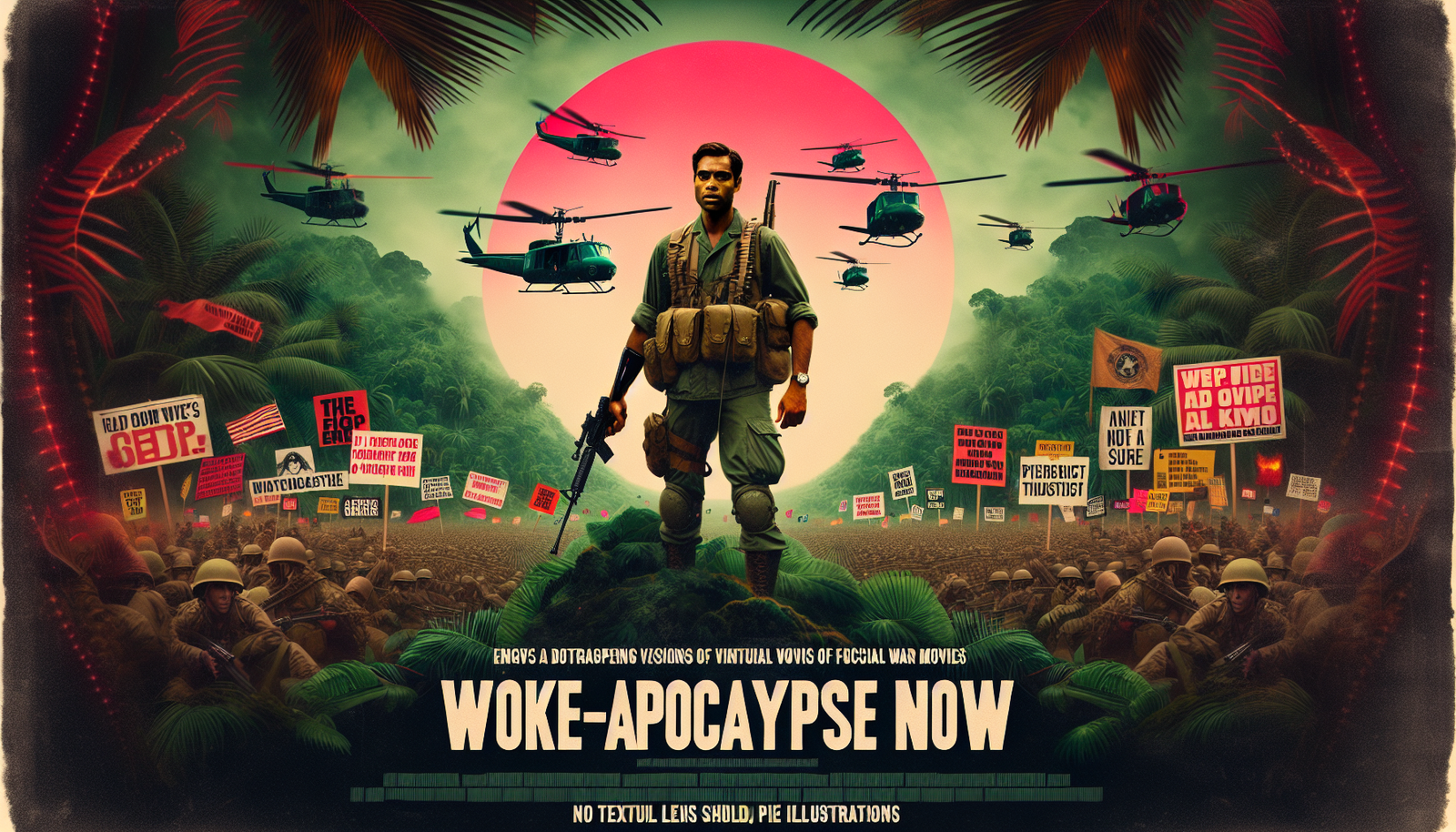
‘Woke-Apocalypse Now’ for Francis Ford Coppola?
In an age characterized by shifting cultural norms and heightened political awareness, prominent film figures like Francis Ford Coppola find themselves navigating a complex landscape where artistry and activism intersect. This phenomenon, often dubbed the “woke apocalypse,” raises critical questions about the role of filmmakers in a society increasingly defined by social justice movements and consumer activism.
Consumer Backlash Against Corporate Politics
The past few years have seen a marked increase in consumer backlash against corporations perceived to be engaging in overtly political stances. Take, for instance, the recent boycott of Bud Light after the beverage company partnered with transgender influencer Dylan Mulvaney. This instance underscores the power consumers wield in dictating corporate behavior, effectively pushing companies to reconsider their public personas and marketing strategies.
Neutrality in Corporate Governance
As public sentiment shifts, there is a growing argument among stakeholders for corporations to refocus on their core competencies rather than championing social causes. Many critics assert that companies should adopt a more traditional and neutral approach to governance, solely concentrating on profit maximization and providing value to their consumers. This reassertion of corporate neutrality may influence how artistic projects, including those by Coppola, are developed and marketed, especially if they push certain political narratives that alienate sections of the audience.
Legal and Constitutional Compliance
Adaptations prompted by landmark legal decisions, particularly around diversity and inclusion efforts, further complicate the narrative. Such changes reflect compliance with evolving legal standards rather than outright political activism. In this context, Coppola’s future projects may be scrutinized for their adherence to contemporary societal expectations, as audiences gauge whether they promote or undermine these narratives.
Finding Common Ground
Despite the ideological divide, there exists a potential for finding common ground among various groups regarding issues like Environmental, Social, and Governance (ESG) policies. Even on the left, there is critique regarding the efficacy and sincerity of corporate practices, suggesting that some consumers may prefer a measured approach over extreme political positioning. This factor may prove vital for Coppola as he considers how to balance his artistic vision with the changing expectations of the audience.
The Impact of Consumer Pressure
Ultimately, consumer pressure is instrumental in shaping corporate decisions and public perceptions. The ability of consumers to disrupt corporate agendas underscores their significance in the larger cultural discourse. As a filmmaker who has often enacted social commentary through his work, Coppola may face increased expectations to align his narratives with prevailing consumer sentiments. The challenge lies in ensuring that his artistic integrity is maintained while navigating these pressures.
Conclusion
As we explore the implications of the so-called woke apocalypse, the questions surrounding Francis Ford Coppola’s future in filmmaking highlight broader tensions in contemporary culture. The intersection of corporate interests and artistic freedom raises critical debates about the responsibilities of artists in a rapidly evolving societal landscape. In this climate, the decisions made by both filmmakers and corporations could hold significant sway over the future of storytelling in cinema.
